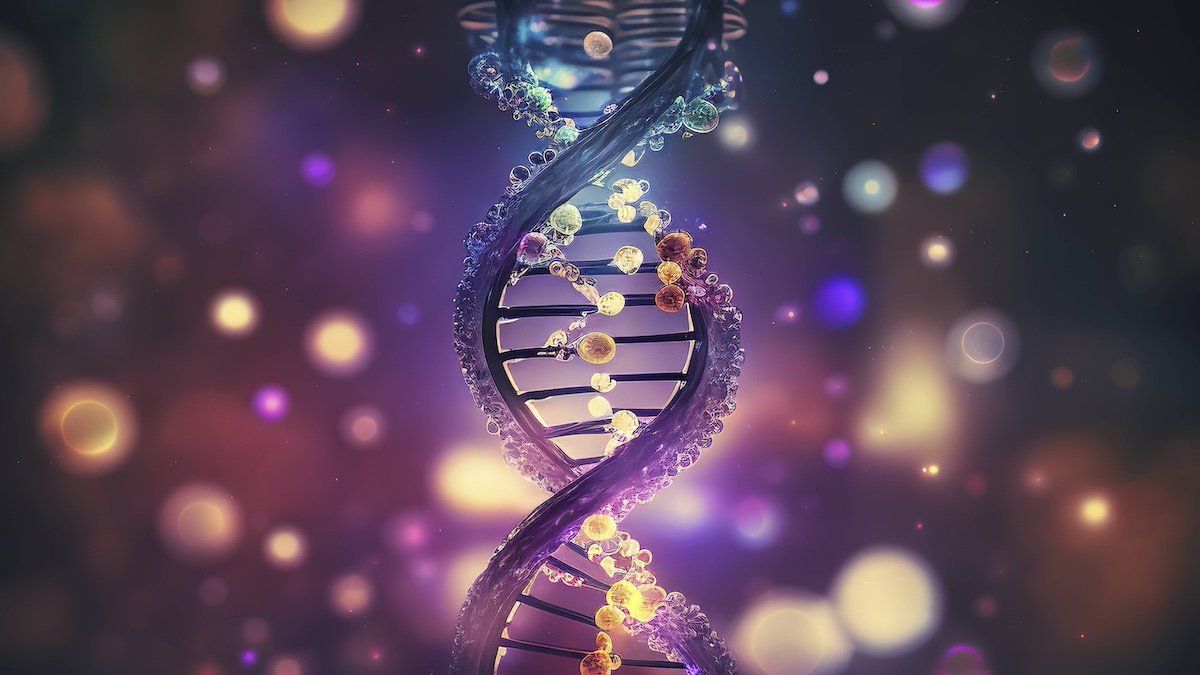April 30, 2024
CRISPR, the gene-editing method that won two female scientists the 2020 Nobel Prize in Chemistry, may soon get infused with artificial intelligence. One Northern California startup called Profluent is expected to present its new paper at a gene-editing conference next month, which describes its work using AI to analyze biological data and create new gene-editing systems.
As one professor explained to the New York Times, it’s a departure from how CRISPR typically does gene replacement. Instead of altering genes based on discoveries in nature, the startup instead uses novel methods surfaced by its AI. “They have never existed on Earth,” University of California, San Francisco professor James Fraser said. “The system has learned from nature to create them, but they are new.”
Gene-editing is rife with ethical quandaries, such as questions around modifying human embryos, which could be exacerbated by the rise of AI. Still, CRISPR provides hope: it could provide cures to countless diseases and is already providing innovative new treatments for sickle-cell anemia.
Profluent also chose to open-source one of its gene editors, OpenCRISPR-1, though the underlying AI will stay under wraps, the company said.
More For You
Ian Bremmer sits down with former US Ambassador to NATO Ivo Daalder to unpack a historic shift in the transatlantic alliance: Europe is preparing to defend itself without its American safety net.
Most Popular
Think you know what's going on around the world? Here's your chance to prove it.
U.S President Donald Trump, U.S. Vice President JD Vance, and U.S. Secretary of State Marco Rubio pose for a family photo with other representatives participating in the inaugural Board of Peace meeting, at the U.S. Institute of Peace in Washington, D.C., U.S., February 19, 2026.
REUTERS/Kevin Lamarque
Argentina, Armenia, Belarus, Egypt, Indonesia, Jordan, Pakistan, Paraguay, Vietnam – to name only a few.
A poster featuring Andrew Mountbatten-Windsor, formerly known as Prince Andrew, is installed on a sign leading to the parking area of the Sandringham Estate in Wolferton, as pressure builds on him to give evidence after the U.S. Justice Department released more records tied to the late financier and convicted sex offender Jeffrey Epstein, in Norfolk, Britain, February 5, 2026.
REUTERS/Isabel Infantes
British police arrested former Prince Andrew Mountbatten-Windsor today over allegations that in 2010, when he was a UK trade envoy, he shared confidential government documents with convicted sex offender Jeffrey Epstein.
© 2025 GZERO Media. All Rights Reserved | A Eurasia Group media company.
